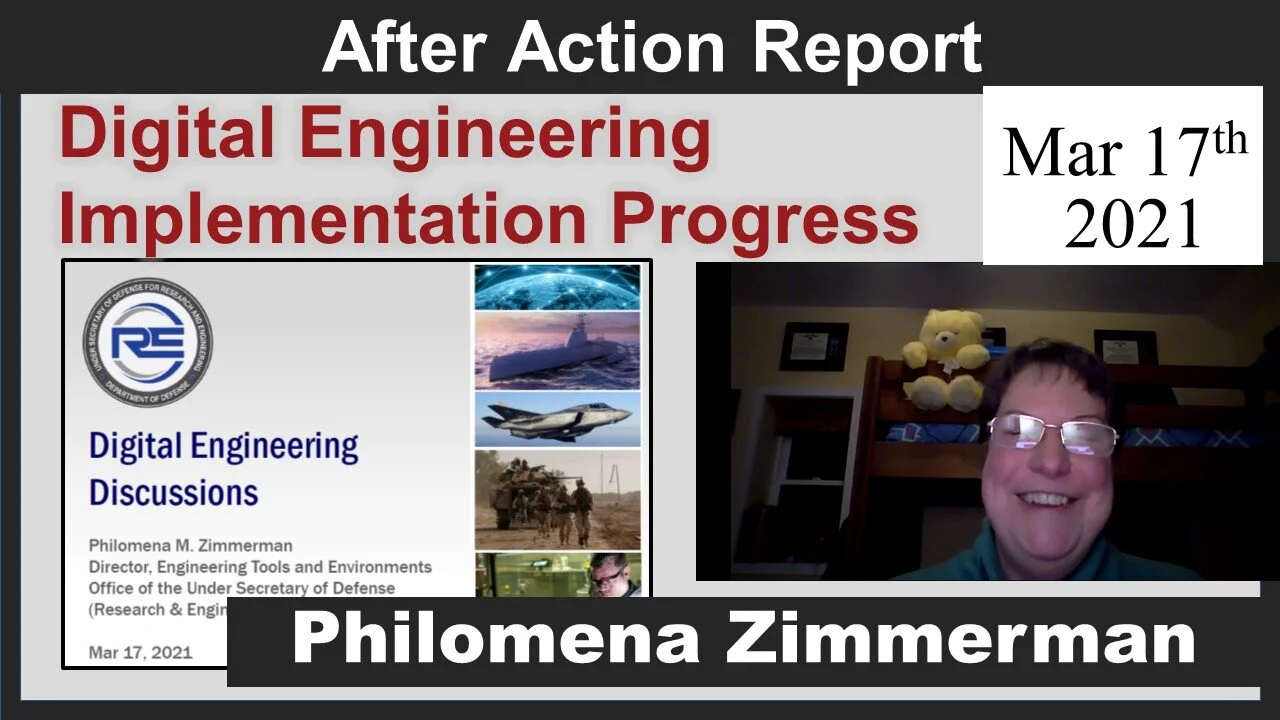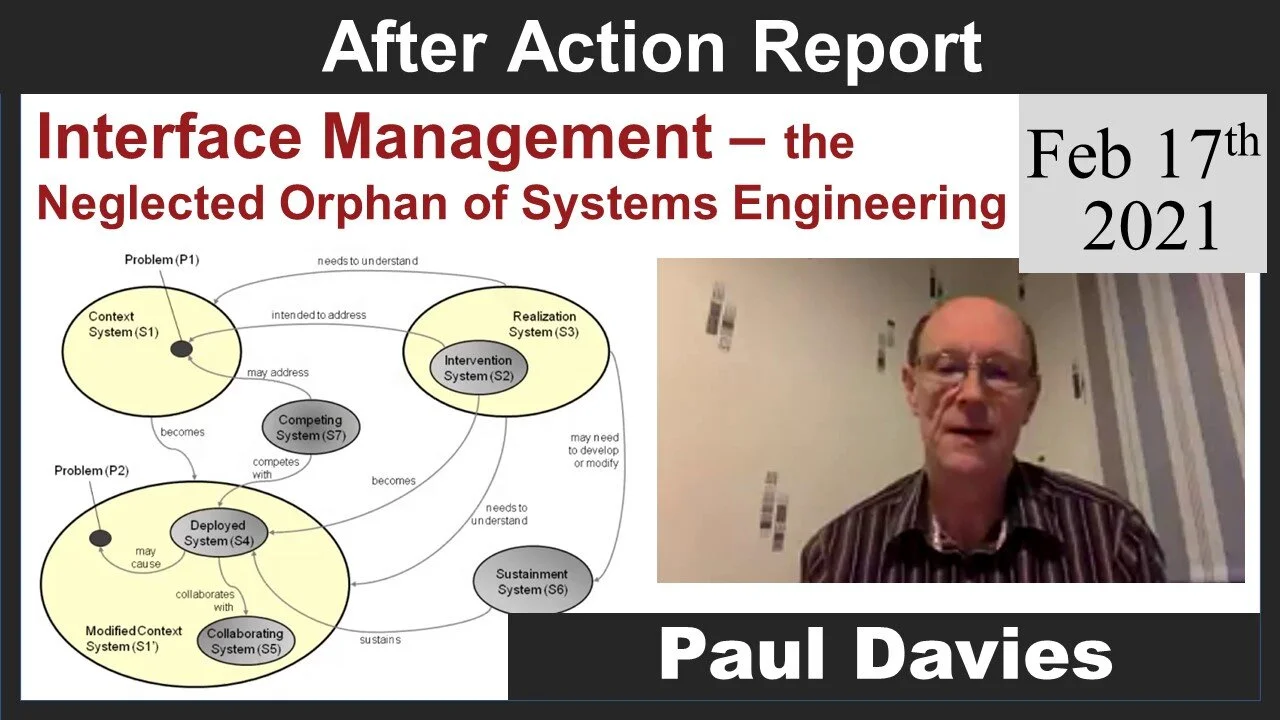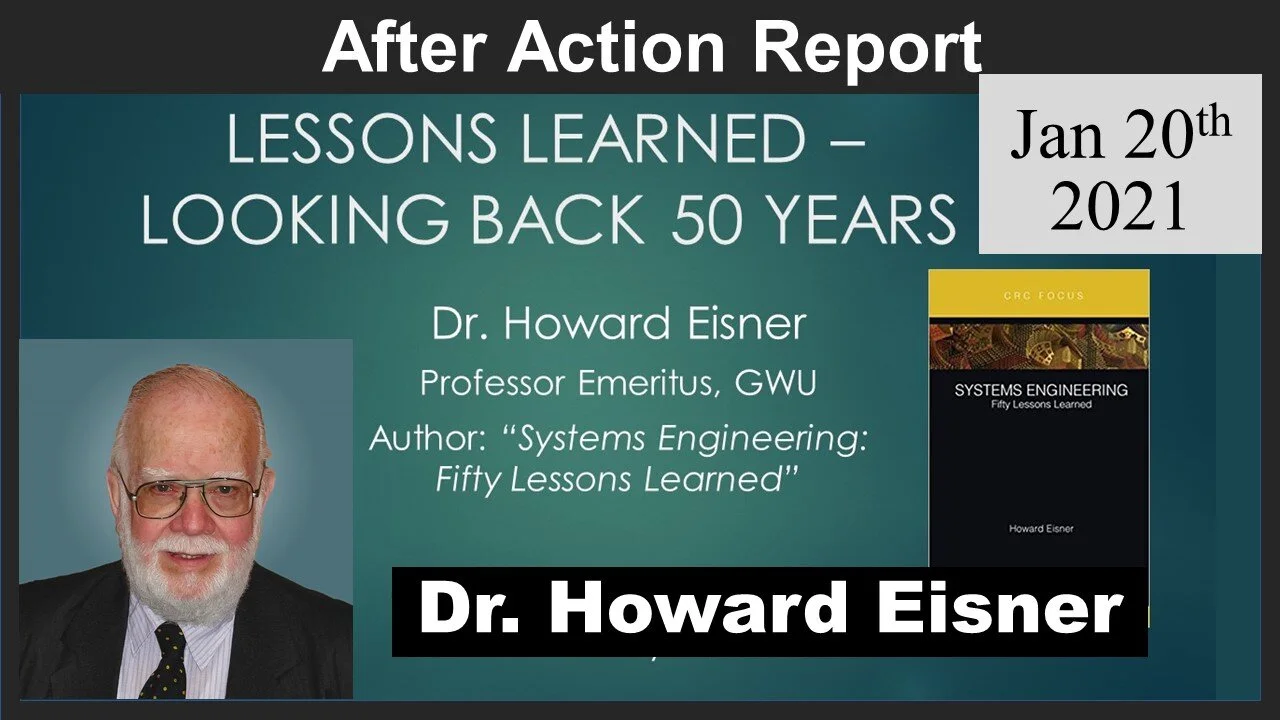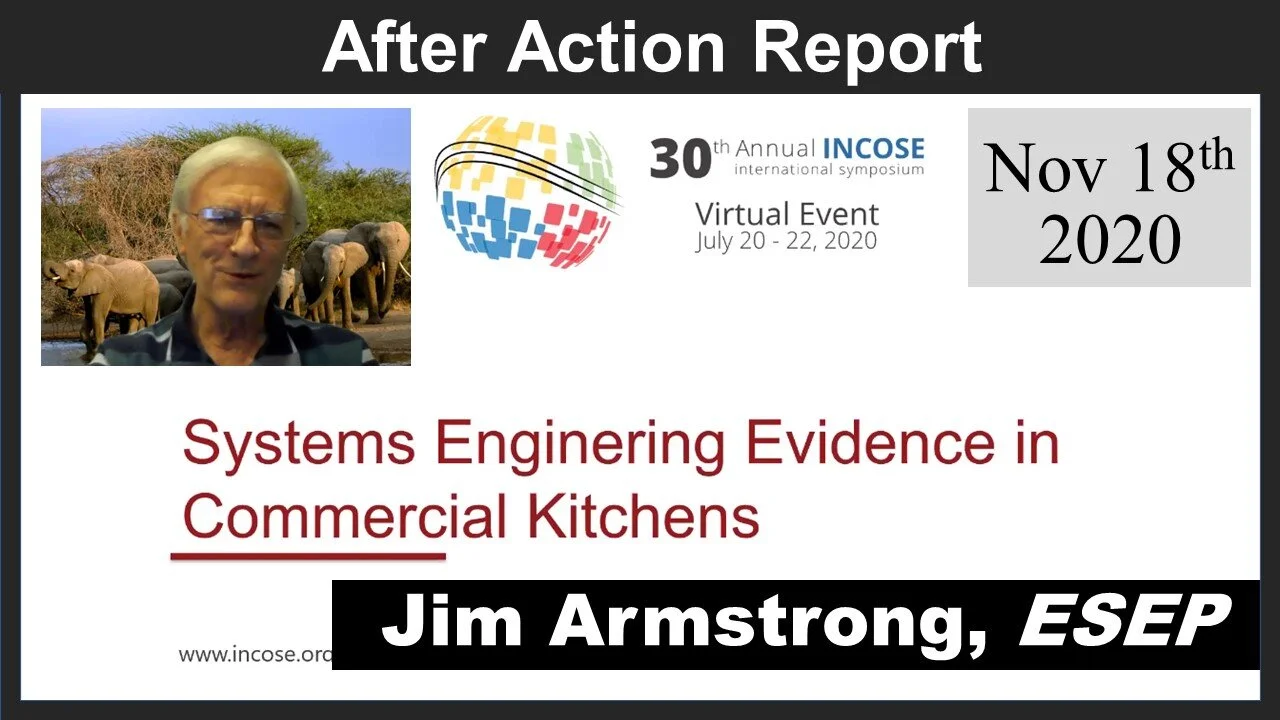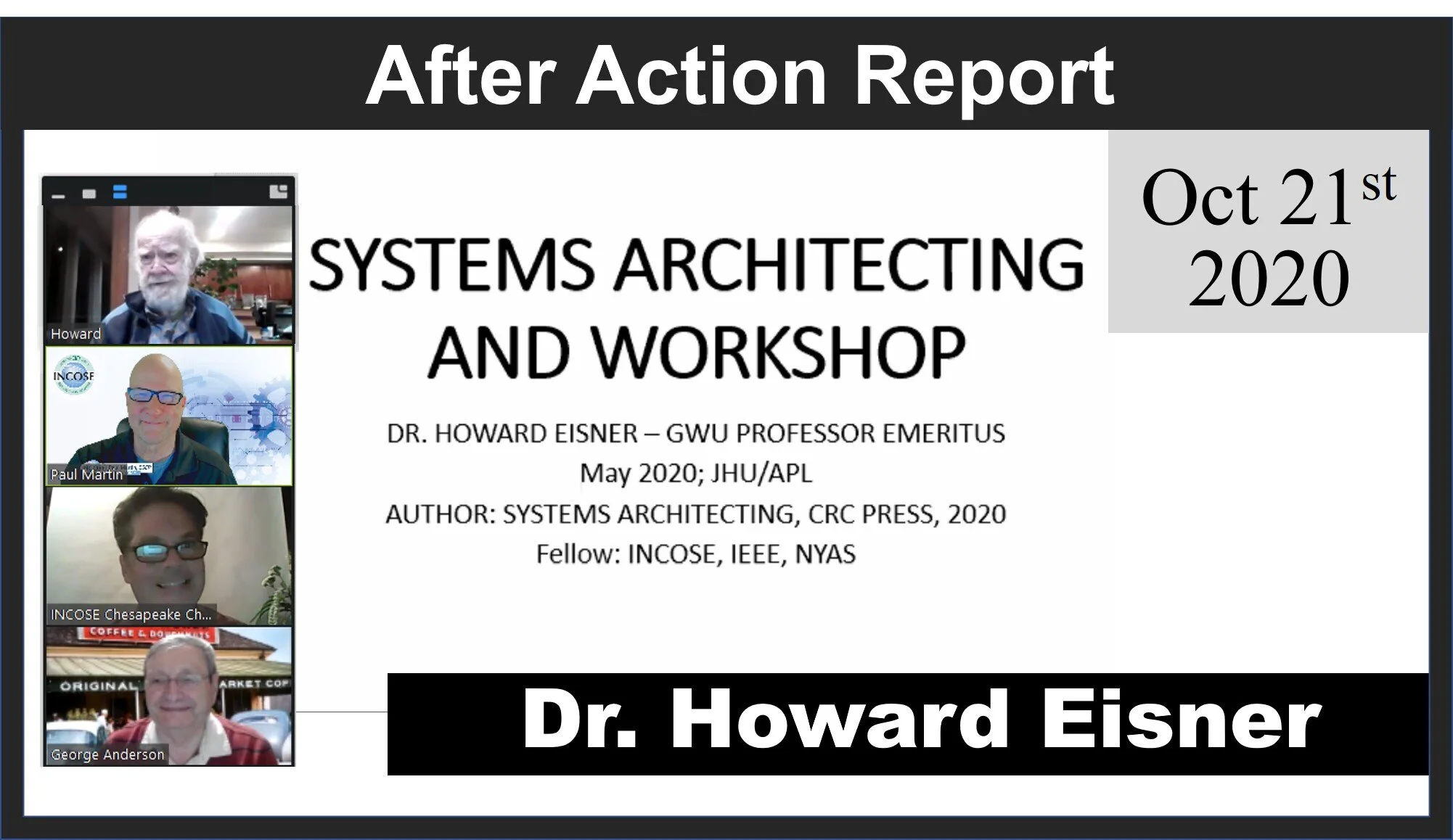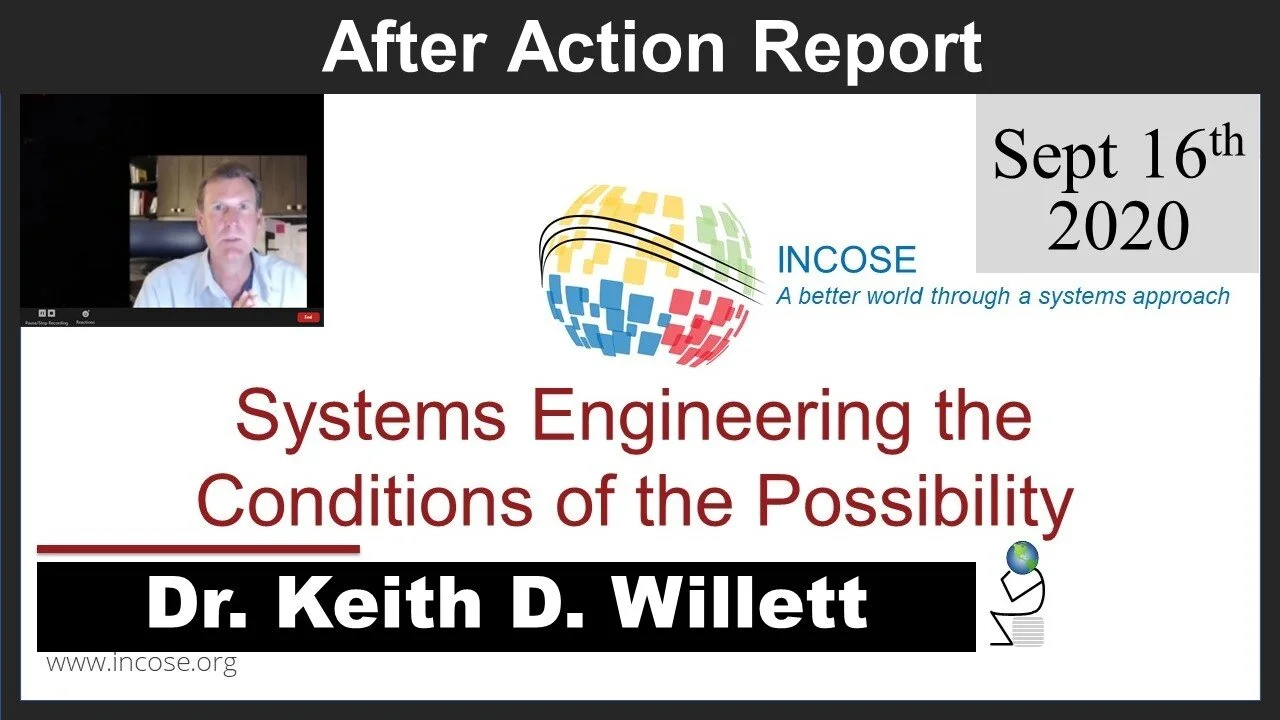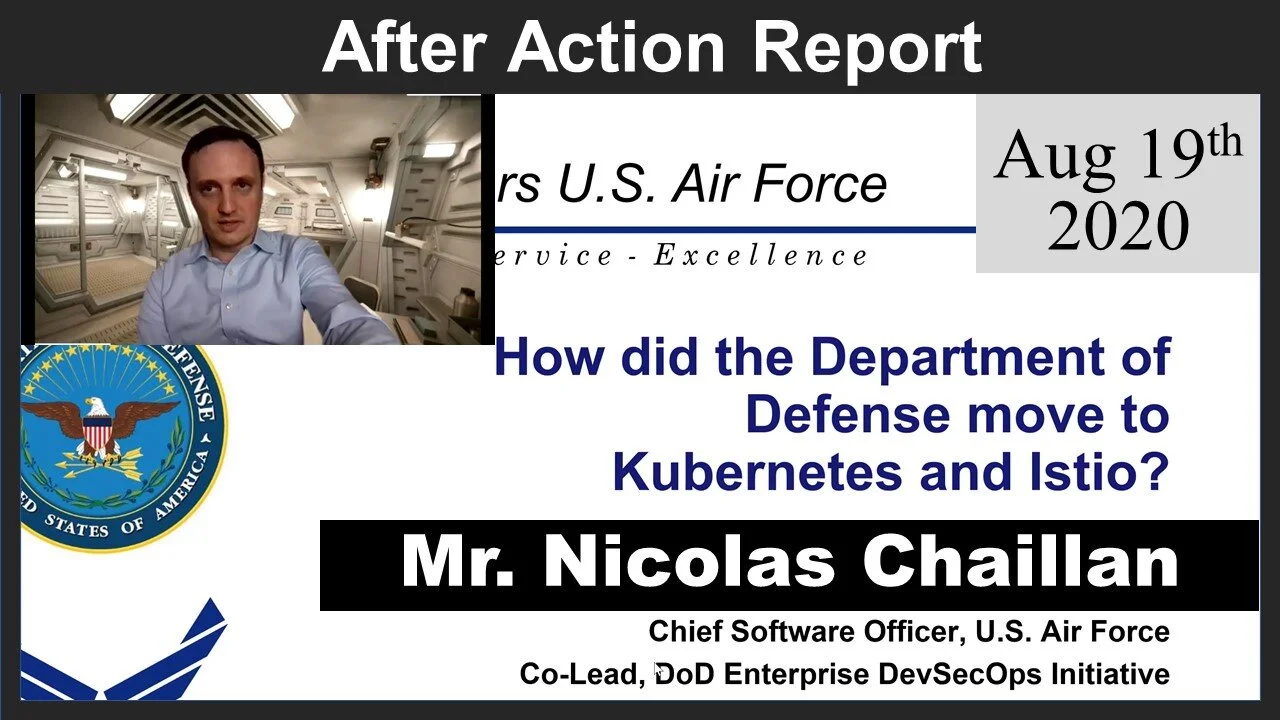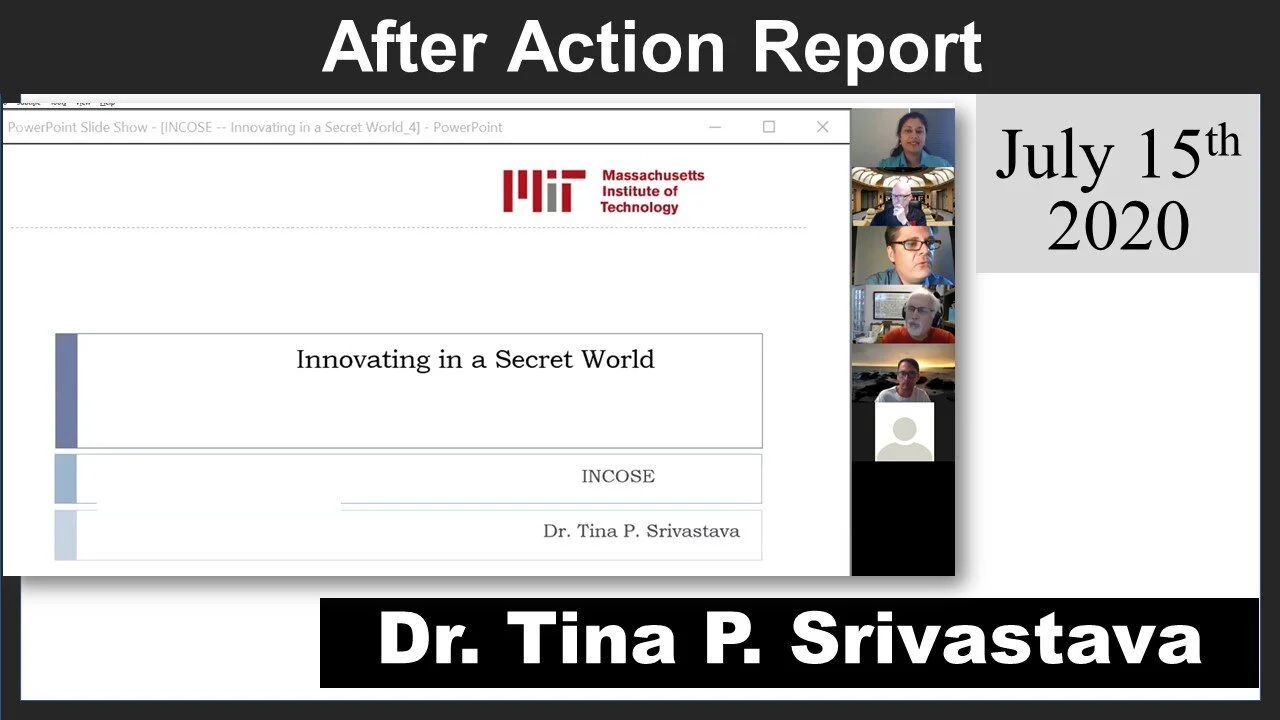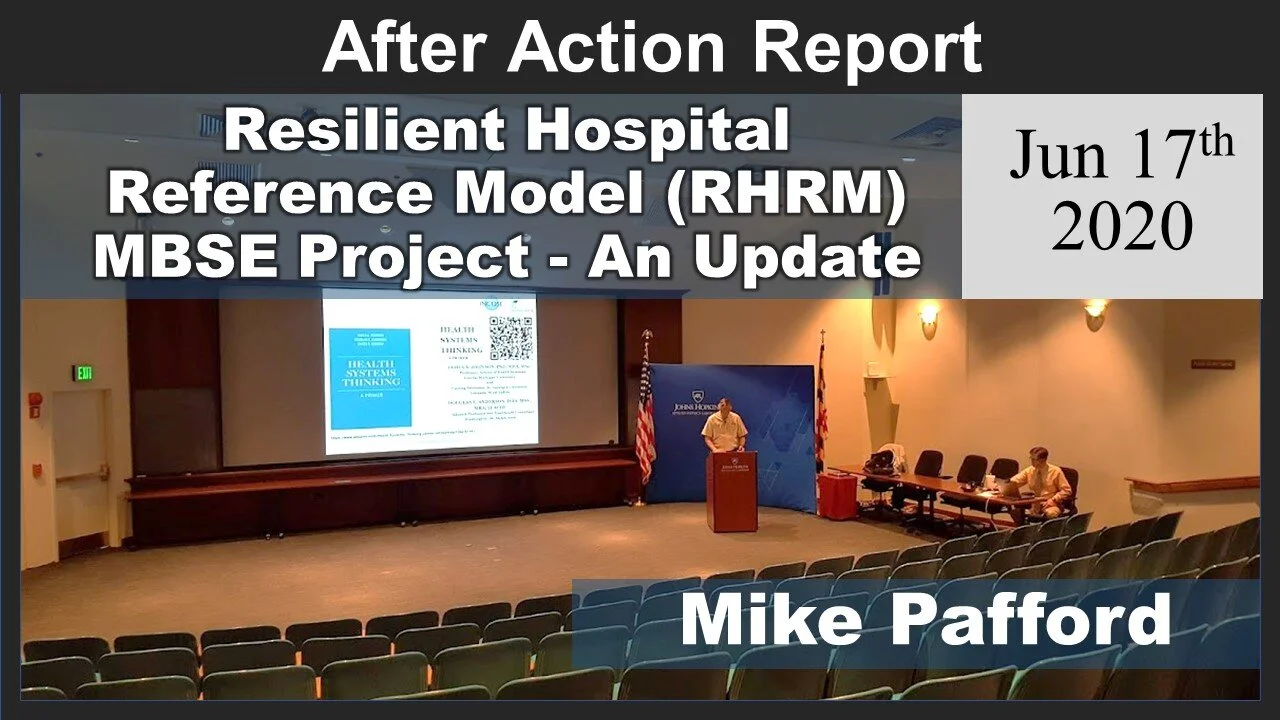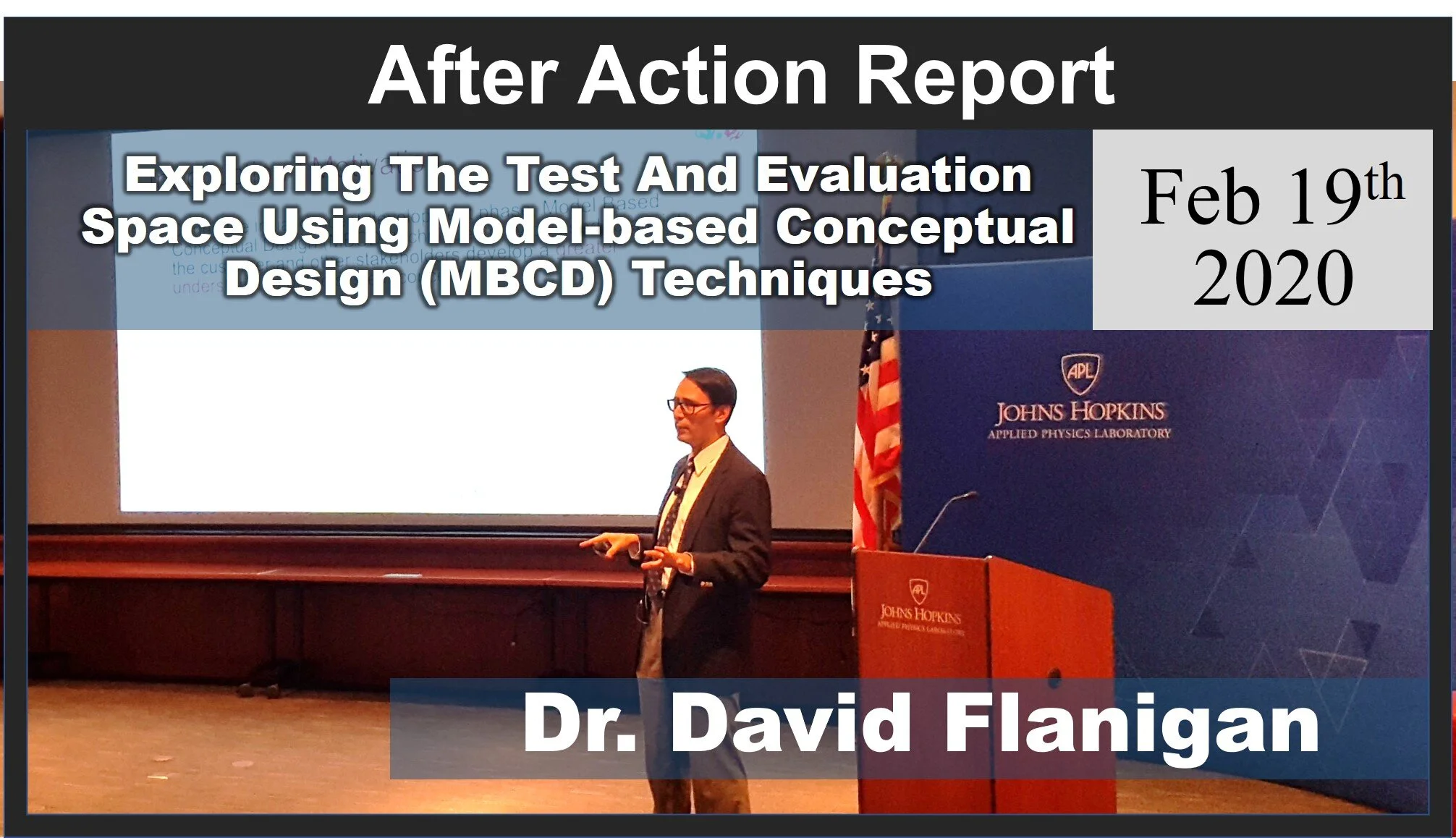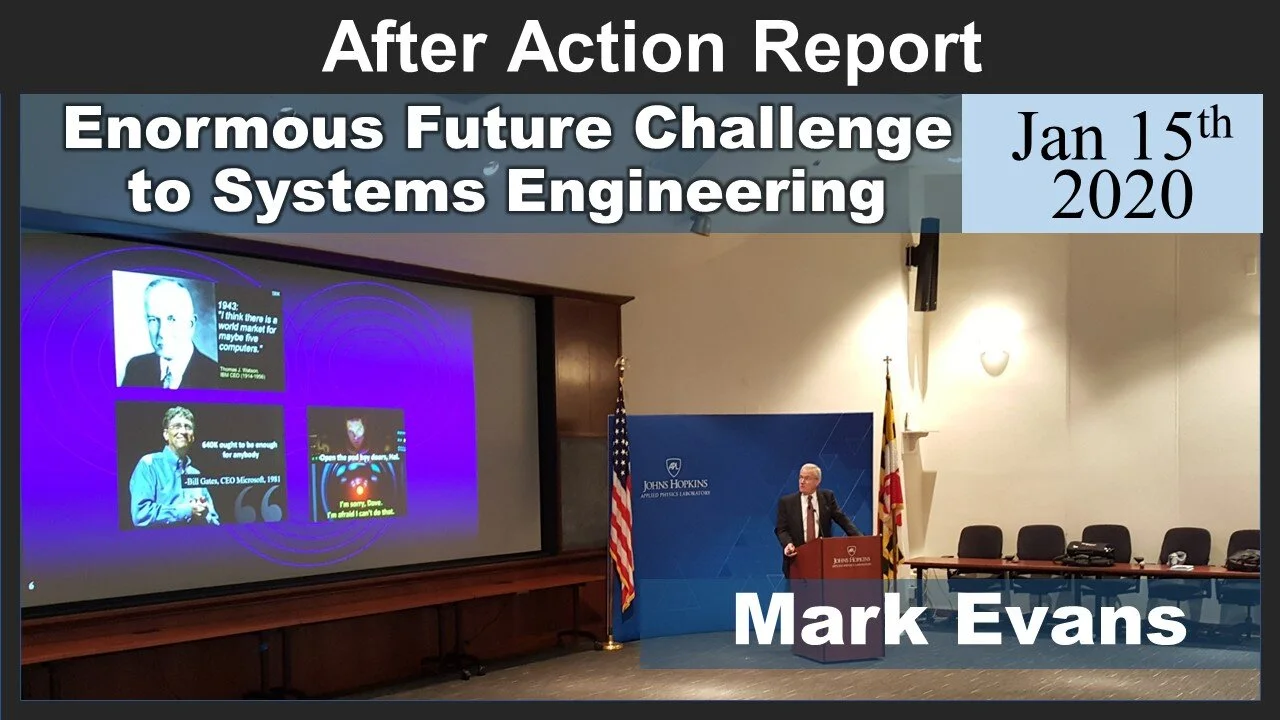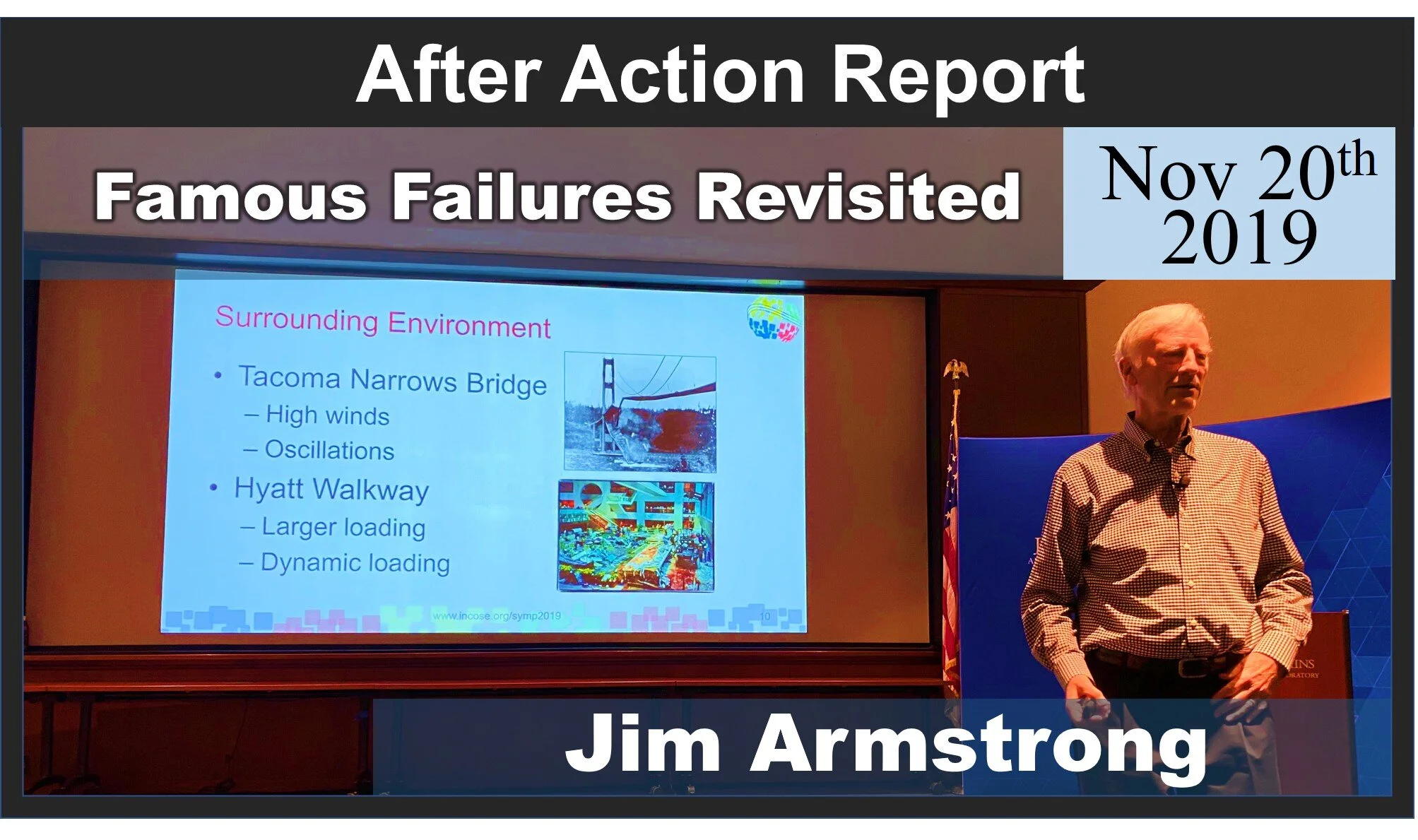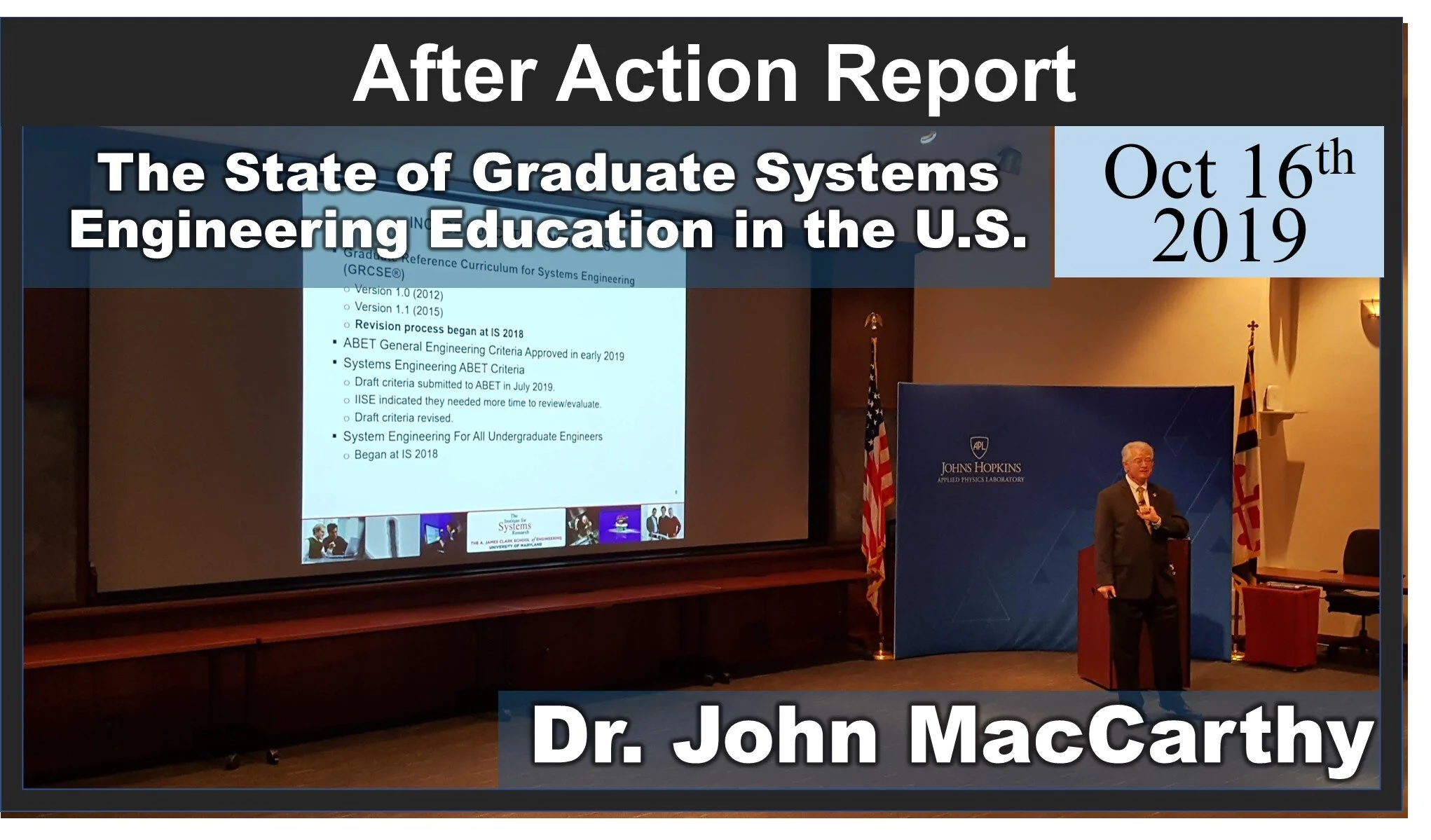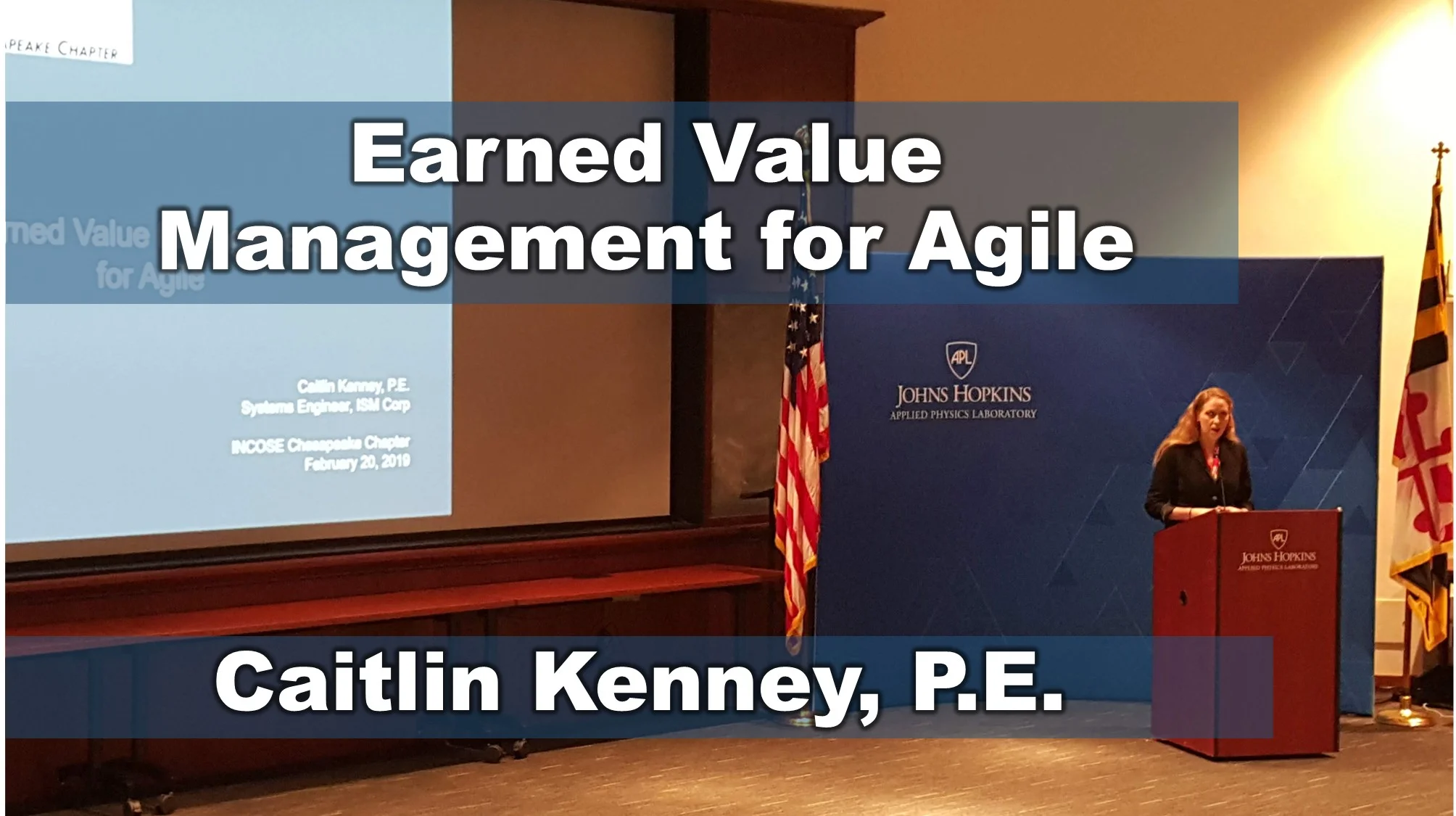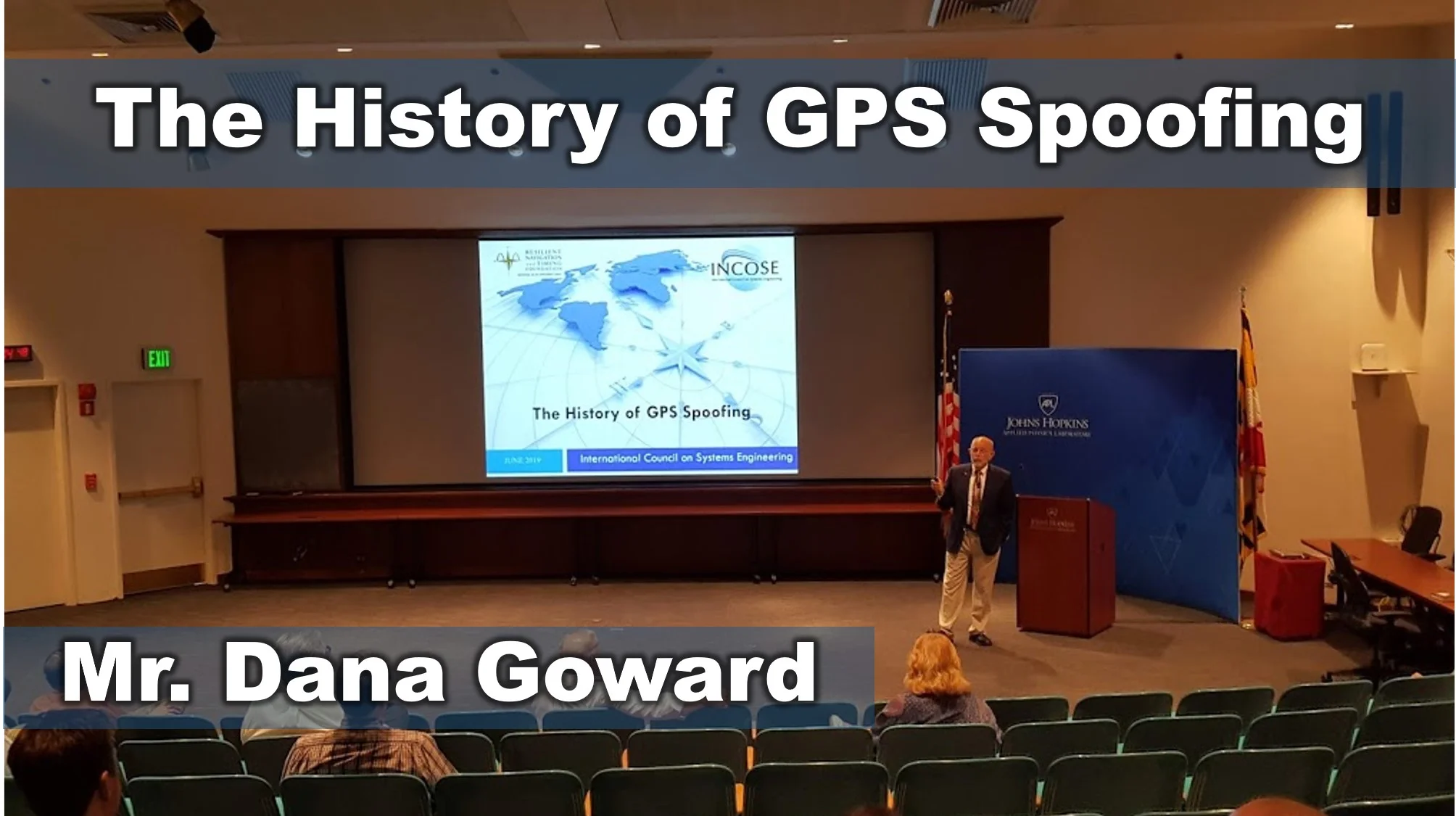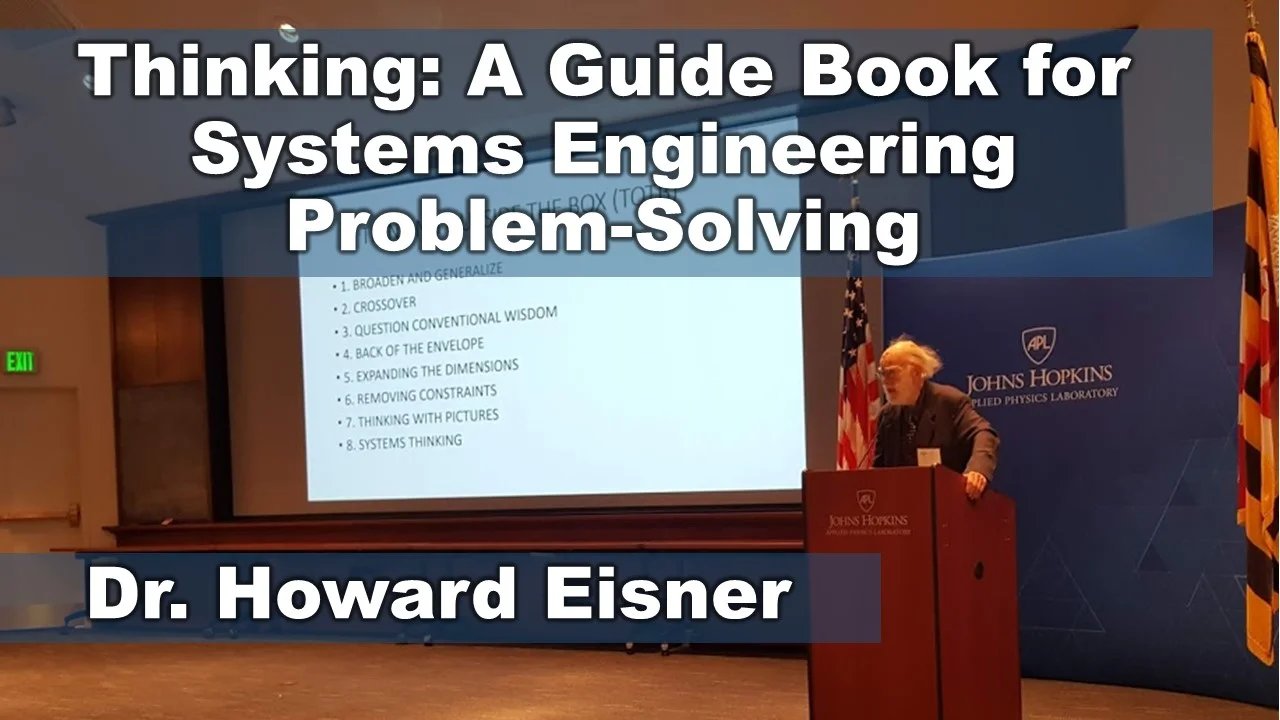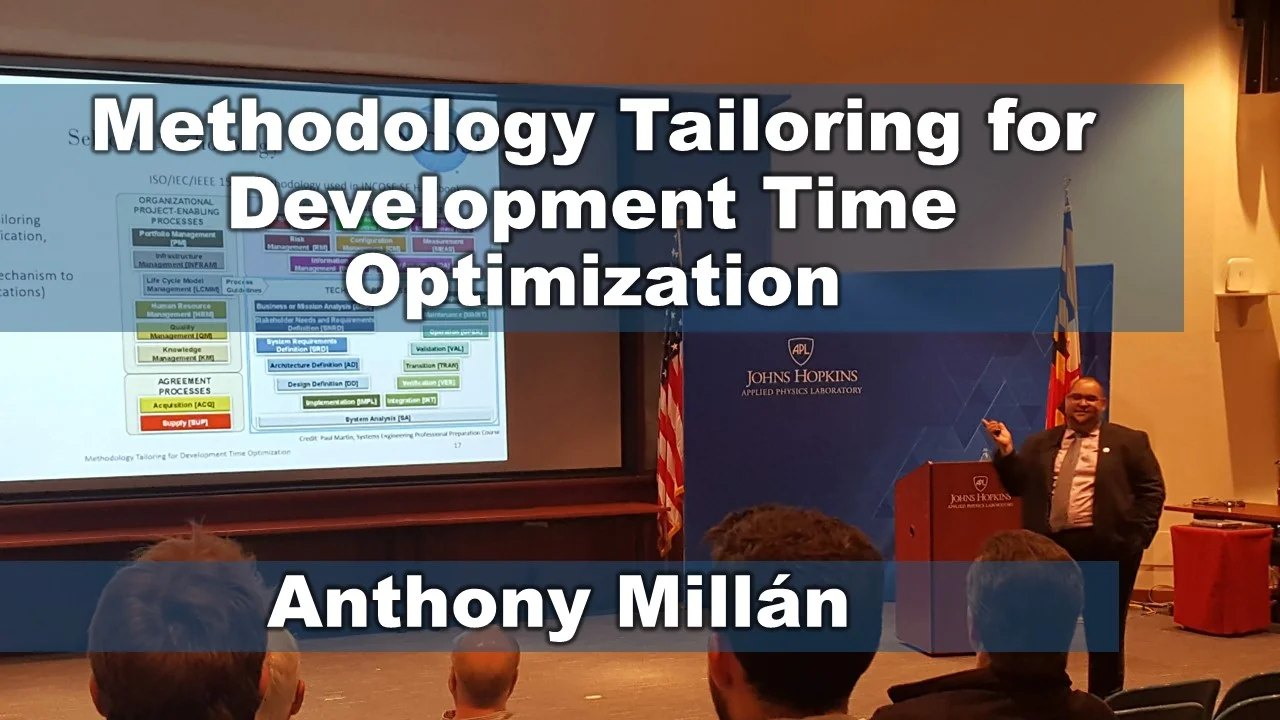Ms Zimmerman discusses the DoD's Digital Engineering Strategy and its implementation as seen by the OUSD(R&E) and explains its challenges and how this concept has added value. The DoD's Digital Engineering Strategy is to promote the use of digital representations of systems and components and the use of digital artifacts as a technical means of communication across a diverse set of stakeholders. The strategy addresses a range of disciplines involved in the acquisition and procurement of national defense systems, and it encourages innovation in the way we build, test, field, and sustain our national defense systems and how we train and shape the workforce to use these practices.
Read MoreEvery interface is an opportunity to lose information, time, control and / or money through contention between stakeholders at either end. There are many issues surrounding Interface management and Paul Davies explores some of the characteristics of this missing material, and strings together some of the key concepts in best practice.
Read MoreDr. Eisner shared a system's engineer's retrospection of lessons to be shared with a future generation. Dr. Eisner has spent a lifetime of practice in the field of systems engineering. This lecture provided a "look back" over his 50-year career with his advice offered to the future generation of Systems Engineers.
Read MoreJim Armstrong, ESEP, takes us on a visit to the kitchen at the Inn at Little Washington in order to discuss how and why it was so different from other commercial kitchens. The resulting analysis of how systems engineering has significant relationship to the design of a wide variety of commercial kitchens is provided in this presentation.
Read MoreDr. Eisner presented his new method for architecting systems based on his new Book "Systems Architecting Methods and Examples." The four-step method: (1) functional decomposition, (2) synthesis, includes a classic cost-effectiveness analysis (3) analysis, (4) preferred architecture selection. Ground-rules for the overall procedure include simplification, weighted evaluation criteria, and considerations on tradeoff and interoperability.
Read MoreDr. Keith D. Willett discusses the now and future discipline of systems engineering (SE v2.0) requiring tools to transcend this cause-effect approach and effectively embrace the nondeterministic, the openly defined, the blurred-boundary, the highly combinatorial if not infinite, and the adaptable. Systems engineers must design solutions to adapt to predictable and unpredictable change in order for the system to remain viable in the face of adversity (loss-driven) and relevant in the face of obsolescence (opportunity-driven). This After Action Report includes the briefing slides, screen-shots from the event and a link to the HD Video
Read MoreAir Force’s senior software czar, Mr. Chaillan explained why DoD is using DevSecOps to deliver modern software to the war fighter. This After Action Report includes the briefing slides, photos from the event and a link to the HD Video
Read MoreDr. Tina Srivastava, author of Innovating in a Secret World: The Future of National Security and Global Leadership, discussed innovation and national security, focusing on two key challenges: participation and secrecy. This After Action Report includes the briefing slides, photos from the event and a link to the HD Video
Read MoreMike Pafford, past Chesapeake Chapter President, introduced and gave an update to an ongoing project by a volunteer cross-domain team (INCOSE, IEEE, FBI/InfraGard, and Medical Experts) to apply model-based analysis, engineering, and evaluation methods to develop a Resilient Hospital Reference Model (RHRM). The After Action Report includes the briefing slides, photos from the event and a link to the HD Video
Read MoreDr. David Flanigan spoke on how systems engineers may use Model Based Conceptual Design (MBCD) techniques to focus on defining the problem space and system functions during the initial concept development phase. The After Action Report includes the briefing slides, photos from the event and a link to the HD Video
Read MoreMark Evans spoke about the relentless advance of Artificial Intelligence and the emergence of 5th Generation communications, combined with the aging/crumbling existing infrastructure present a most formidable triple threat to Systems Engineering and its practitioners. The After Action Report includes the briefing slides, photos from the event and a link to the HD Video
Read MoreJim Armstrong discusses several famous failures from the viewpoint of the impact of systems integration as a factor in causation and includes several other examples to develop lessons learned that should be considered in systems integration. The After Action Report includes the briefing slides, photos from the event and a link to the HD Video.
Read MoreDr. MacCarthy, the Director of the University of Maryland’s Systems Engineering Education Program, examined the state of graduate systems engineering education in the U.S. The After Action Report includes the briefing slides, photos from the event and a link to the HD Video.
Read MoreMs. Kenney explained how Earned Value Management (EVM) has been used successfully in Agile software development, specifically the Scrum approach, as a means to measure software development progress. The After Action Report includes the briefing slides, photos from the event and a link to the HD Video.
Read MoreMr Dana Goward discussed the development of Global Positioning System (GPS) spoofing from a fiction account in film to being an everyday problem. The After Action Report includes the briefing slides, photos from the event and a link to the HD Video.
Read MoreDr. Howard Eisner presented an overview on his new book “Thinking: a Guide Book for Systems Engineering Problem-Solving” by using just 7 slides. The After Action Report includes the briefing slides, photos from the event and a link to the HD Video.
Read MoreMr. Millán discusses his research the ability to tailor the ISO/IEC/IEEE 15288 technical processes to incorporate the DARPA's META design flow and extend it into an end-to-end Systems Engineering methodology.
Read More
